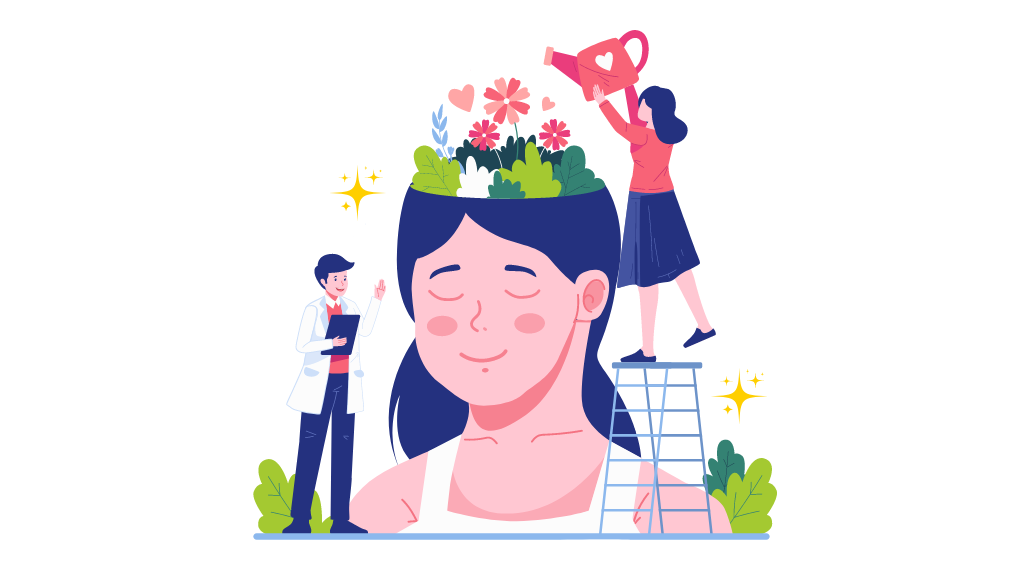The Power of Hobbies in Food Addiction Recovery
Recovering from food addiction involves more than just changing eating habits, it requires addressing the underlying emotional, psychological and behavioural aspects that contribute to addictive behaviours. One often overlooked, but incredibly effective tool in this journey is engaging in hobbies. Hobbies not only provide a healthy distraction from food cravings, but also offer numerous benefits that can support long-term recovery.
Let’s explore how hobbies can empower individuals in their fight against food addiction.
Distraction from Food Cravings
One of the most immediate benefits of hobbies in food addiction recovery is their ability to distract from cravings. Engaging in a hobby occupies your mind and hands, reducing the time and mental space available to dwell on food. Whether it’s painting, gardening, playing a musical instrument or any other activity you enjoy, hobbies redirect your focus towards productivity and fulfilling pursuits.
Reducing Stress and Anxiety
Stress and anxiety are common triggers for food addiction. Hobbies provide a healthy outlet for stress relief and relaxation. Activities like yoga, knitting or hiking can help regulate stress hormones and promote a sense of calmness. By incorporating regular hobbies into your routine, you can manage stress more effectively and reduce the urge to turn to food for comfort.
Boosting Mood and Self-Esteem
Engaging in enjoyable activities releases endorphins, the body’s natural mood enhancers. These feel-good chemicals lift your spirits and contribute to a positive outlook on life. As you achieve goals and improve skills in your hobbies, your self-esteem and self-confidence also receive a significant boost. This sense of accomplishment reinforces your ability to make positive changes in other areas of your life, including overcoming food addiction.
Providing Structure and Routine
Establishing a routine centred around hobbies creates structure in your daily life. Structure is crucial in recovery from addiction, as it reduces uncertainty and helps you stay focused on your goals. Setting aside dedicated time for hobbies ensures that you have meaningful activities to look forward to and helps fill the void left by the absence of unhealthy eating habits.

Creating Social Connections
Many hobbies can be enjoyed socially, whether through joining clubs, classes or online communities. Social connections are essential in recovery as they provide support, encouragement and a sense of belonging. Sharing hobbies with others who share similar interests can strengthen your support network and reduce feelings of isolation, which are common triggers for addictive behaviours.
Promoting Mindfulness and Presence
Hobbies often require concentration and focus, promoting mindfulness and present moment awareness. Being fully engages in an activity allows you to experience joy and fulfilment without the need for external stimuli like food. Mindfulness practices cultivated through hobbies, such as painting, photography or gardening, can translate into mindful eating habits, helping you become more attuned to hunger and satiety cues.
Replacing Negative Habits with Positive Ones
Hobbies serve as constructive alternatives to negative habits associated with food addiction. Instead of turning to food for comfort or distraction, you can turn to hobbies that provide genuine pleasure and fulfilment. Over time, these positive habits become ingrained in your daily life, making it easier to resist cravings and maintain healthy behaviours.
Enhancing Overall Wellbeing
Engaging in hobbies contributes to your overall wellbeing by promoting physical health, mental clarity and emotional resilience. A balanced and fulfilling life reduces the vulnerability to addictive behaviours and supports sustainable recovery. By investing time and energy in activities that bring you joy and fulfilment, you create a holistic approach to healing from food addiction.

Getting Started with Hobbies
If you’re ready to harness the power of hobbies in your food addiction recovery journey, here are a few tips to get started:
Explore Your Interest - Reflect on activities that bring you joy or that you’ve always wanted to try.
Start Small - Begin with manageable activities that fit into your schedule and budget.
Set Goals - Establish realistic goals for your hobbies to track progress and celebrate achievements.
Stay Consistent - Schedule regular time for your hobbies to maintain momentum and reap the benefits over time.
Seek Support - Join clubs, classes, or online communities related to your hobbies to connect with like-minded people.
Conclusion
Hobbies are more than just pastimes, they are powerful tools in food addiction recovery. By engaging in activities that bring joy, reduce stress, create social connection and promote mindfulness, individuals can enhance their resilience and wellbeing. Whether you enjoy artistic pursuits, physical activities or creative endeavours, hobbies offer a pathway to a healthier and more fulfilling life beyond food addiction. Embrace the opportunity to discover new passions and reclaim control over your wellbeing.
Copyright © 2026 · Food Addiction UK


